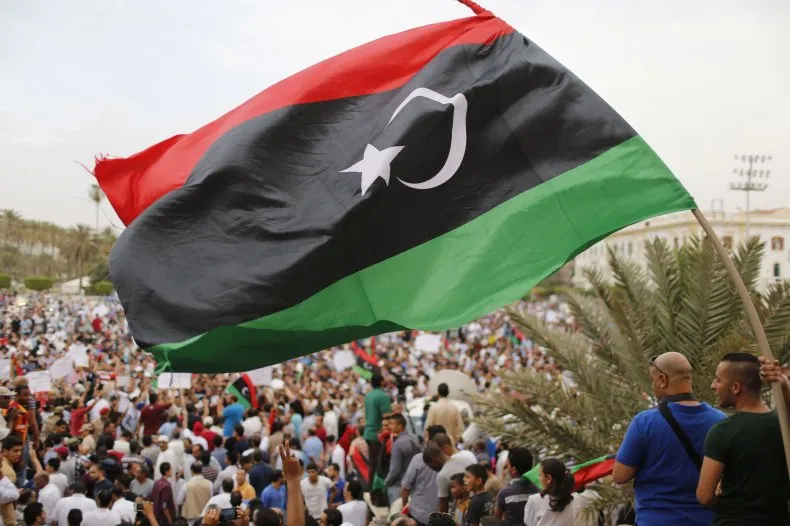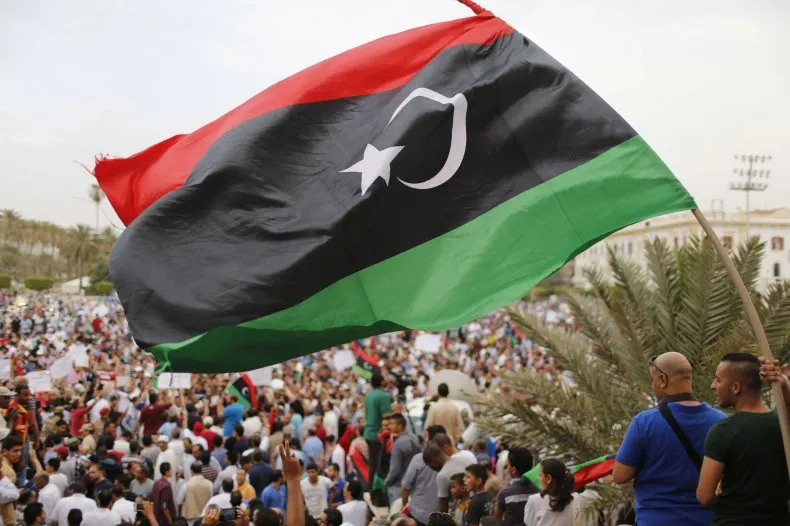Address
304 North Cardinal St.
Dorchester Center, MA 02124
Work Hours
Monday to Friday: 7AM - 7PM
Weekend: 10AM - 5PM
Address
304 North Cardinal St.
Dorchester Center, MA 02124
Work Hours
Monday to Friday: 7AM - 7PM
Weekend: 10AM - 5PM


A strife of violence hit Libya’s capital Tripoli on August 27 following armed clashes between rival militias. The death toll amounted to 32 dead and 159 wounded, including many civilian casualties, in the worst outburst of bloodshed that hit the north African country in years. Six medical facilities have also been shelled and medical staff have been prevented from assisting the victims. Authorities have also moved 64 families from the central neighbourhoods affected by the clashes to safer locations. The episode broke out when armed groups loyal to Fathi Bashagha challenged militias based in Tripoli under the orders of Abdulhamid Dbeibah.
Dbeibah was appointed as Prime Minister in Tripoli in February 2021 to lead the country until new elections could be held. The polls scheduled for December 24 were postponed indefinitely due to political tensions and administrative delays. In the meantime, Fathi Bashagha, one of the main personalities of the Tripoline camp, has approached the rival faction based in eastern Libya, led by Aguila Saleh, Speaker of the House of Representatives in Tobruk, and Field Marshall Khalifa Haftar. Bashagha is a veteran politician with close to Turkey, which is the main foreign supporter of the Tripoli government and has played a major role in repulsing the Tobruk offensive against the Libyan capital in 2019/2020. A gradual shift has also characterised Ankara’s recent policies in Libya, with opportunities for dialogue created and exploited by both Turkish officials and east Libyan politicians, with visits to the Anatolian capital being increasingly frequent.
This changed balance has partially motivated Bashagha’s challenge to Dbeibah’s executive, when he was elected as rival Prime Minister by the House of Representatives in February 2022 on the ground that the mandate of his counterpart in Tripoli had expired. Dbeibah on his part maintains that he will remain in office until elections are held, which now seem a very remote prospect. Following months of rhetorical skirmishes, now Bashagha seems to have decided to escalate the confrontation, taking advantage of the seemingly weakness of the Tripoli executive.
Violence in the capital has been a common occurrence during the summer, mostly due to infighting between rival militias loyal to Dbeibah, but this last episode brings back to mind the failed offensive on Tripoli in 2020. Reinforcements were supposed to enter the city in support of the forces loyal to Bashagha but were forced to turn back on Misrata, possibly because of the intervention of Turkish drones.
There are however two important factors that show a different picture than the one we witnessed in 2019/2020. The first is that the foreign sponsors of the eastern faction are not so eager to support such an offensive. The United Arab Emirates have openly voiced their dissent, while Russia is keeping a much lower profile due to its engagement in Ukraine. Moreover, Turkey, despite its rapprochement with Tobruk, has not turned its back on Tripoli. Such lukewarm support from foreign actors also implies that limited military capabilities are available to install Bashagha in Tripoli through a direct onslaught. Secondly, Dbeibah’s hold on western Libya is not as weak as it first seemed. He has been able to replace important personalities (and potential rivals) in his own camp, including some militia leaders and the chairman of the National Oil Corporation, and could further strengthen his grip if given the chance. Bashagha is seemingly in a conundrum, since he may not be powerful enough to dislodge his rival, but his chances could get even slimmer as times goes by.
The most likely scenario is the return of a polarised cold war between the two sides, given the unlikelihood of military success and the absence of dialogue between the polarised factions, made worse by the fact that the position of head of the UN Support Mission in Libya is currently vacant. Petty rivalries, conflicting interests and the policy preferences of the international actors are going to continue affecting Libya’s future in a way that looks increasingly like its recent past.